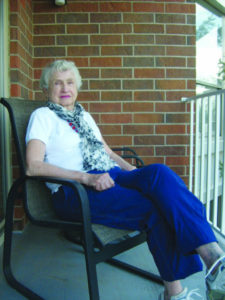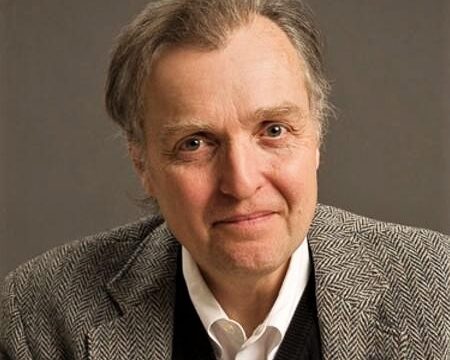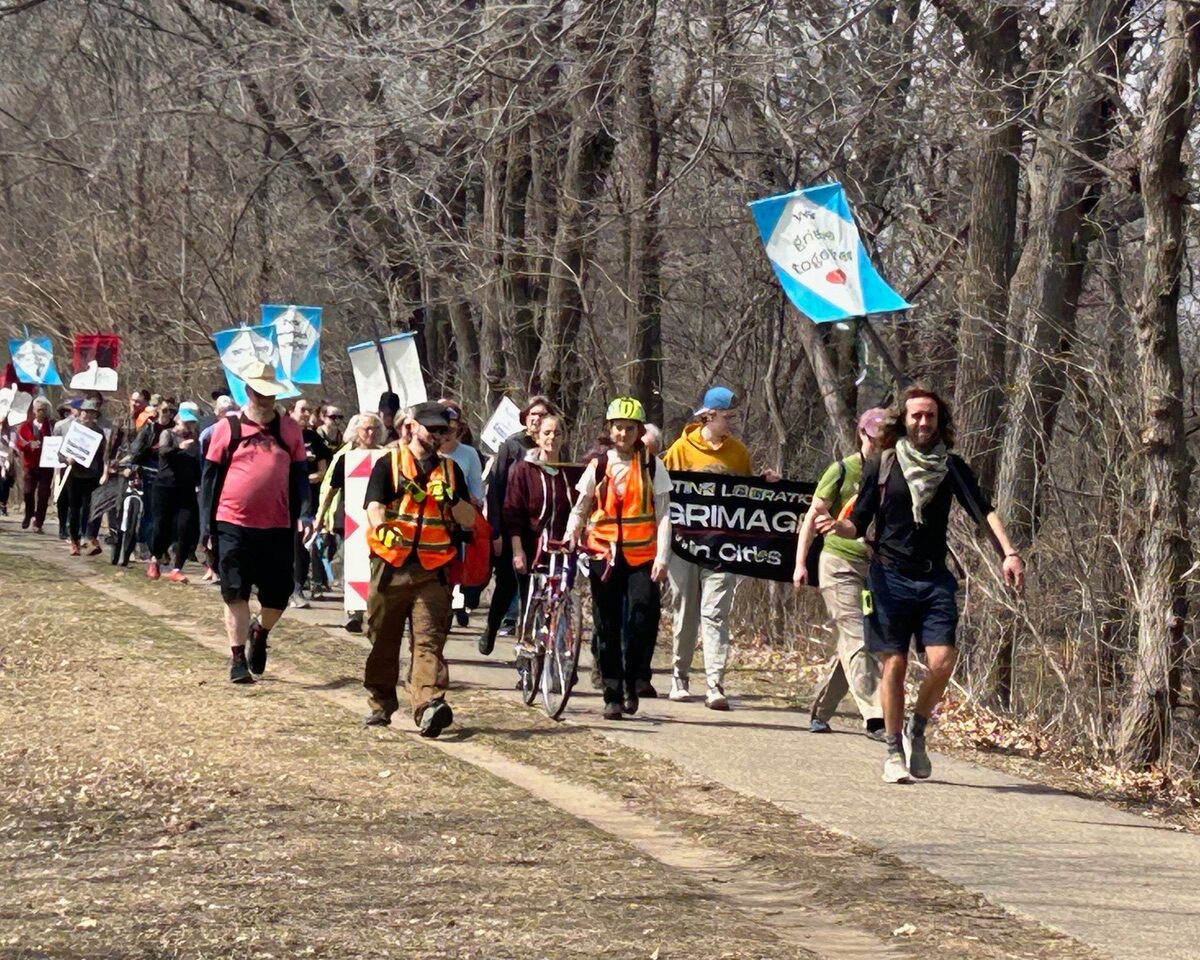 Why should your child die from a gunshot wound?
Why should your child die from a gunshot wound?
The doctor has found the task a most difficult and onerous one and who wouldn’t? Dr. Marianne Haughey of St. Barnabas Hospital in Jersey City, N.Y., has been assigned victims of homicide for 25 years and one of her tasks has been to inform relatives of the victims that their loved one is dead. She says, “I never gets used to it.” These remarks were published and, as a result, provoked an angry response from officials of the National Rifle Association (NRA). Dr. Haughey’s reply was succinct: “I see no one from the NRA next to me in the trauma bay as I have cared for victims of gun violence. That must be my lane. Come into my lane. Tell one mother that her child is dead, then we can talk.” There were more than 21,000 responses.to the message, mostly favorable. Some were from the medical community.
Dr. Christine Laine, editor-in-chief of “Annals of Internal Medicine,” wrote in that journal, “We are anti-bullet holes in people and if we are biased that bias is in counseling our patients to reduce their risk of firearm injury and toward evidence-based solutions to the public health issue that firearm injury has become.” More than 35,000 people in the United States are killed in firearm-related deaths every year.
Many doctors shared similar anti-gun positions. Dr. Robert Young, a psychiatrist who is editor of the website for the group Doctors for Responsible Gun Ownership, said that the NRA’s characterization of most doctors as anti-gun is correct. “The thinking of doctors’ specialty groups trickles down into their medical journals. Doctors are not the experts on gun violence.
“Neither am I an expert but you don’t have to be an expert when it comes to violence. I do know that guns are deadly and the public has a right to be protected.”
Hope for the Earth, our home
The New York Times of Jan. 7 carried a full half-page ad signed by Michael Kurtyka of the Polish National Foundation and president of the environmental group COP24, describing the most recent U.N. climate policy conference, the Katowice Rulebook. Negotiators from 196 countries and the European Union worked for two weeks on the Rulebook, a milestone on the road toward a sustainable global climate policy. The previous Paris Agreement had covered a wide range of issues in a fair and balanced way, taking into account the national economic, social and environmental conditions of individual countries as well as their development goals. Stopping climate change requires cooperation and planned coordinated actions. The Katowice Rulebook forms the basis for the preparation of reduction plans after 2030, and its successful conference shows that Poland is ready to undertake this mission as Michael Kurtyka’s concluding remarks indicate: “We were conscious of our responsibility to people and commitment for the fate of Earth, which is our home and the home of future generations.”
In these days of what might be despair over national politics, this sign of thoughtful and determined action to do the “right thing” on scientifically defined climate change provides a little cheer.






















